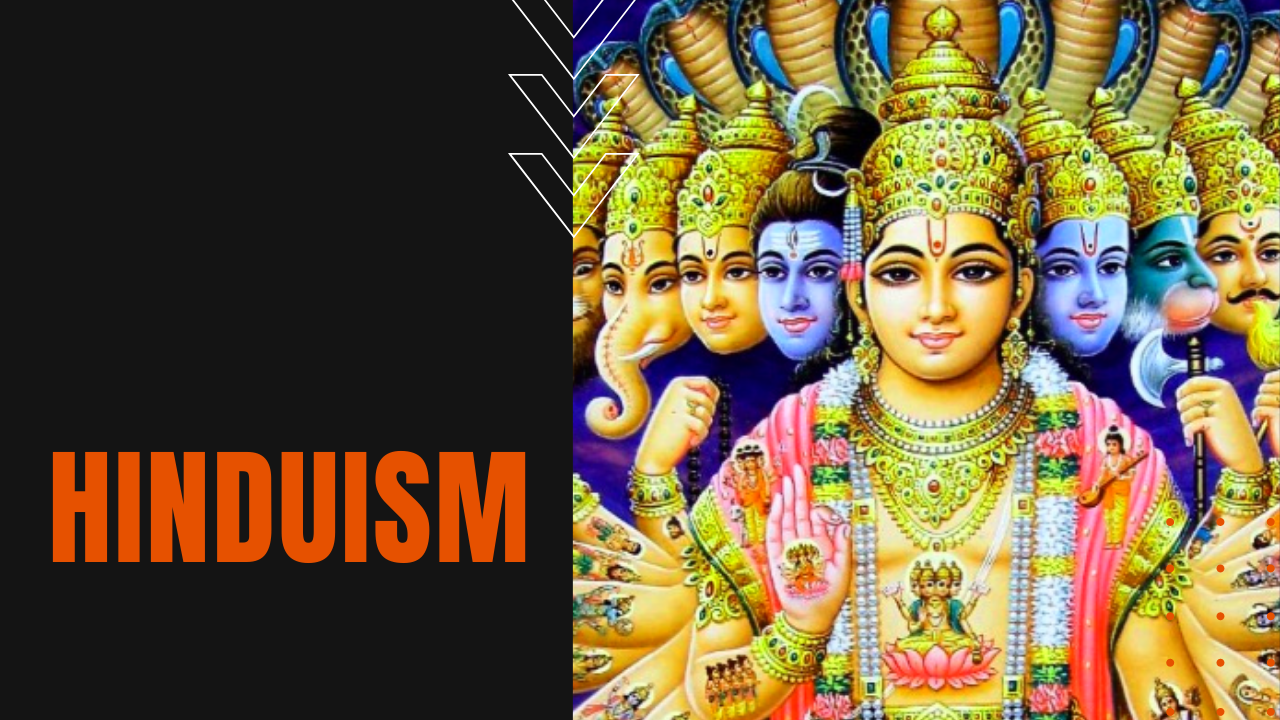What is Hinduism: Practices of Dharma, Karma, Brahman and More

Dating back some 4,000 years, Hinduism is considered by many scholars to be the oldest religion in the world, and while Hinduism embraces a multitude of religious ideas, it’s sometimes referred to as “the way of life” or a “family of religions.”
What is Brahman in Hinduism?
Most forms of Hinduism are henotheistic, which means they worship a single main deity known as a Brahman, but still recognize other gods and goddesses as part of its many pathways to reaching god.
Hindus believe in the doctrine of samsara, which is the continuous cycle of life, death and reincarnation, while karma deals with the universal law of cause and effect. One of the key principles of Hinduism is “atman,” which is the belief that all living creatures have a soul, which is in turn connected to a solitary supreme soul.
The goal is to achieve “moksha,” or salvation, which ends the cycle of rebirths when an evolving soul becomes one with the absolute soul.
What is Dharma in Hinduism?
Hindus strive to achieve dharma, which is a code of living that emphasizes good conduct and morality. Hindus revere all living creatures, which is why it considers cows sacred and largely refrains from eating beef or pork.
While Hindus value many sacred writings as opposed to one unified holy book, their primary sacred texts are known as the Vedas, which are thought to be composed around 1,500 BCE.
Vedas are a collection of verses and hymns originally written in Sanskrit, and while the Vedas contain revelations received by ancient saints and sages, Hindus believe that the Vedas transcend all aspects of time, lacking both a beginning or an end.
Today, more than 900 million Hindus make Hinduism the third-largest religion behind Christianity and Islam. Roughly 95% of the world’s Hindus live in India, although Hinduism shares many elements of other Asian religions, including Buddhism, Sikhism and Jainism.
